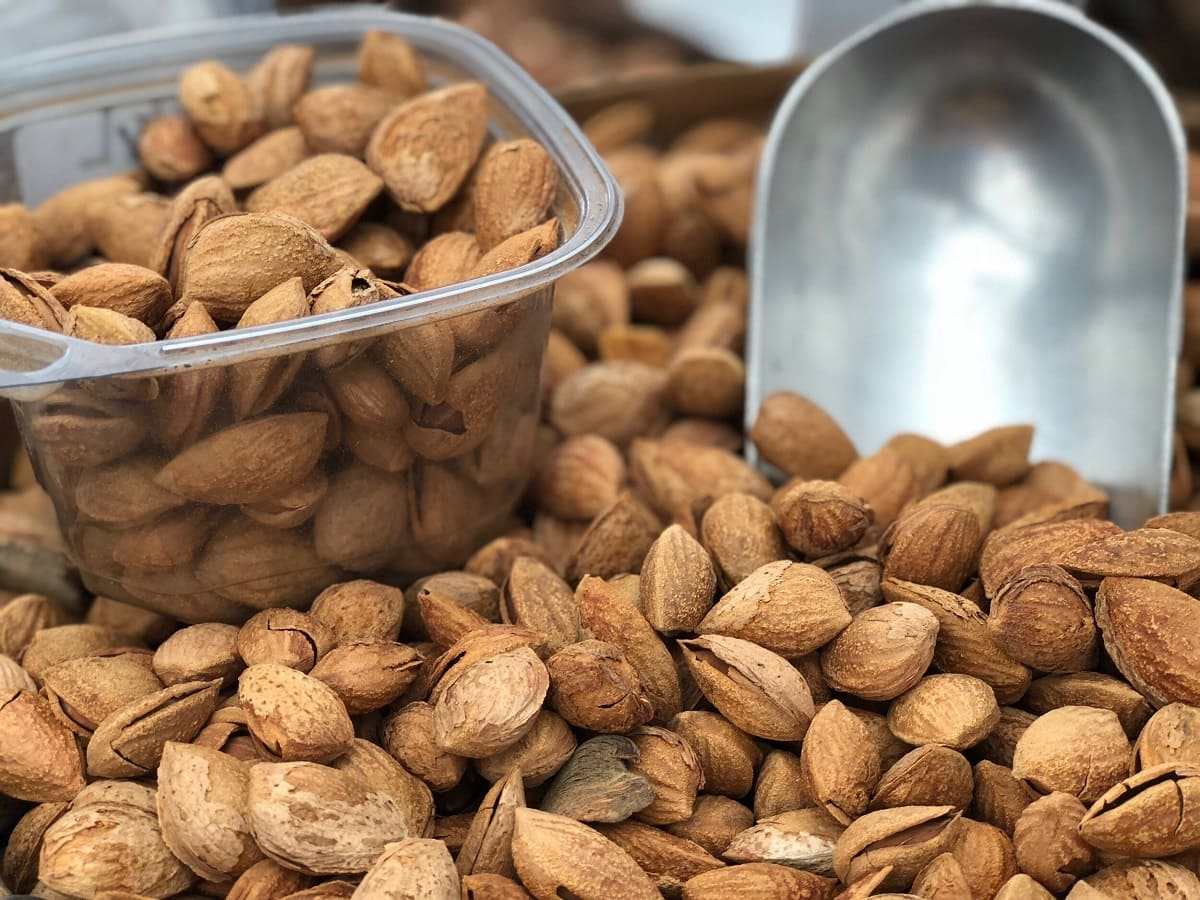

Articles
How To Store Raw Almonds
Modified: December 7, 2023
Learn the best techniques for storing raw almonds in this informative article. Discover how to keep them fresh and extend their shelf life.
(Many of the links in this article redirect to a specific reviewed product. Your purchase of these products through affiliate links helps to generate commission for Storables.com, at no extra cost. Learn more)
Introduction
Welcome to the world of raw almonds! These nutritious and delicious nuts are packed with essential nutrients and make for a convenient and healthy snack. But when it comes to storing raw almonds, proper handling is key to maintaining their freshness and flavor.
Whether you purchase raw almonds in bulk or have recently harvested them from your own tree, it is important to store them correctly to ensure their longevity. In this article, we will explore the reasons why storing raw almonds is important, the best container to use, optimal storage conditions, tips for maintaining freshness, how to assess almond quality, and common storage mistakes to avoid.
So, let’s dive in and discover the secrets of storing raw almonds!
Key Takeaways:
- Properly storing raw almonds is crucial for preserving their freshness, flavor, and nutrients. Choose the right container, create optimal storage conditions, and avoid common mistakes to enjoy delicious and nutritious almonds for longer.
- Assess the quality of your stored almonds regularly to ensure freshness and safety. Look for signs of spoilage, discard any compromised almonds, and enjoy the many benefits of this versatile and healthy snack.
Read more: How To Store Almonds
Why Store Raw Almonds?
Raw almonds, like any other food item, have a limited shelf life. By storing them properly, you can extend their freshness and preserve their nutritional value. Here are some reasons why it is important to store raw almonds:
- Preserve freshness: Raw almonds can go rancid if not stored correctly. Storing them in the right conditions helps to maintain their natural flavor and texture for a longer period.
- Prolong shelf life: Proper storage techniques can significantly extend the shelf life of raw almonds. This is especially important if you buy them in bulk or harvest a large amount from your own almond tree.
- Saves money: By storing raw almonds properly, you can prevent them from spoiling and avoid wastage. This can save you money in the long run, as you won’t have to constantly replace stale or spoiled nuts.
- Convenience: Having a stash of properly stored raw almonds on hand is convenient for snacking, baking, and cooking. You’ll always have a healthy and versatile ingredient at your fingertips.
- Health benefits: Raw almonds are rich in essential nutrients such as healthy fats, protein, fiber, vitamin E, and minerals like magnesium and potassium. Storing them properly helps to preserve these valuable nutrients, ensuring you get the maximum health benefits.
Now that you understand the importance of storing raw almonds, let’s move on to the next section to learn about the best container to use for storing these nutritious nuts.
Choosing the Right Container
When it comes to storing raw almonds, selecting the right container is essential for preserving their freshness and quality. Here are some factors to consider when choosing the container:
- Airtight: The container should have an airtight seal to prevent the entry of moisture and air, which can cause almonds to become stale or spoil.
- Opaque: Choose a container that is opaque or made of a material that blocks out light. Exposure to light can lead to the degradation of the almonds’ oils, resulting in a loss of flavor and freshness.
- Durable: Opt for a container that is sturdy and durable, to ensure that it can withstand handling and prevent any damage to the almonds.
- Size and shape: Consider the size and shape of the container based on the quantity of almonds you intend to store. It should provide enough space for the almonds to be stored without being overcrowded.
- Resealable: It is convenient to choose a container with a resealable lid or closure mechanism. This allows for easy access to the almonds while keeping them securely stored.
There are various types of containers that can meet these criteria. Glass jars with screw-top lids, food-grade plastic containers with airtight seals, and metal tins with tight-fitting lids are all suitable options for storing raw almonds. Additionally, consider using smaller containers or dividing the almonds into individual portions to minimize exposure to air and maintain freshness.
Remember, the container you choose should protect the almonds from moisture, air, light, and any potential contaminants. By selecting the right container, you can ensure that your raw almonds stay fresh and tasty for an extended period.
Now that you know how to choose the right container, let’s explore the optimal storage conditions for raw almonds in the next section.
Optimal Storage Conditions
Proper storage conditions play a crucial role in maintaining the freshness and quality of raw almonds. Here are the optimal storage conditions to keep in mind:
- Cool temperature: Raw almonds should be stored in a cool environment, ideally between 32°F (0°C) and 50°F (10°C). This helps to slow down the oxidation process and keeps the almonds fresh for a longer period.
- Low humidity: Moisture is one of the biggest enemies of raw almonds, as it can cause them to become moldy or rancid. The ideal humidity level for storing almonds is below 60%. Avoid storing them in a damp or humid area.
- Avoid direct sunlight: Exposure to sunlight can lead to the degradation of the almond’s natural oils and reduce their overall quality. Store them in a dark place or choose an opaque container that blocks out light.
- Keep away from strong odors: Almonds can absorb odors from strong-smelling foods, which can affect their flavor. Store them away from any items with strong odors, such as spices or cleaning products.
Since most homes do not have a dedicated cool storage area, a good option is to store raw almonds in the refrigerator. Place them in an airtight container or resealable bag and keep them in the crisper drawer, which is designed to maintain a cool and humid environment.
Another option is to store raw almonds in the freezer. Freezing helps to extend their shelf life even further. Divide the almonds into smaller portions and place them in freezer-safe containers or resealable bags. When needed, simply remove the desired amount and allow them to thaw before using.
Remember, temperature, humidity, light, and odors are the key factors to consider when determining the optimal storage conditions for raw almonds. By adhering to these guidelines, you can ensure that your almonds stay fresh and flavorful for an extended period.
Next, let’s explore some tips for maintaining the freshness of your stored raw almonds.
Store raw almonds in an airtight container in a cool, dry place, away from sunlight and moisture. This will help to preserve their freshness and prevent them from becoming rancid.
Tips for Maintaining Freshness
Keeping your stored raw almonds fresh requires a little extra care and attention. Follow these tips to maintain their freshness and quality:
- Rotate stock: If you regularly purchase almonds in bulk, make sure to rotate your stock. Use the older almonds first to ensure that none go past their expiration date.
- Avoid frequent opening: Each time you open the container, you expose the almonds to air, which can lead to oxidation and loss of freshness. Try to minimize the number of times you open the container, and only take out the amount you need.
- Keep away from heat: Exposure to heat can cause the almonds to become rancid more quickly. Store them away from direct sources of heat like stoves, ovens, or other appliances that emit heat.
- Do not wash before storing: It is best to store raw almonds without washing them. Excess moisture can promote the growth of mold or cause the almonds to become soggy.
- Label and date: If you divide your almonds into smaller containers or bags, label them with the date of storage. This way, you can easily keep track of freshness and ensure that you use the oldest almonds first.
By following these tips, you can maximize the freshness and quality of your stored raw almonds. Remember, the goal is to minimize exposure to air, heat, moisture, and other factors that can lead to spoilage or loss of flavor.
Now that you know how to keep your almonds fresh, let’s discuss how to assess their quality in the next section.
Read more: How To Store Almond Flour
Assessing Almond Quality
When storing raw almonds, it is important to periodically assess their quality to ensure that they are still fresh and suitable for consumption. Here are some indicators to help you assess the quality of your stored almonds:
- Appearance: Fresh almonds should have a uniform color, typically off-white to light beige. Avoid almonds with dark or discolored spots, as this may indicate spoilage.
- Texture: Almonds should have a firm and crunchy texture. If they feel soft, rubbery, or soggy, it is a sign that they have gone bad.
- Smell: Fresh almonds have a mild, sweet, and nutty aroma. If they have a rancid or foul smell, it is an indication of spoilage.
- Taste: Taste a few almonds to ensure they have a pleasant and nutty flavor. If they taste bitter or have an off-putting taste, it is best to discard them.
It is important to note that over time, even properly stored raw almonds may lose some of their flavor and texture. However, as long as they pass the appearance, texture, smell, and taste tests, they are likely still safe to consume.
If you come across any almonds with signs of mold, insect infestation, or an unpleasant odor, it is best to discard them immediately. Consuming spoiled almonds can lead to gastrointestinal issues and other health concerns.
By regularly assessing the quality of your stored almonds, you can ensure that you are consuming fresh and high-quality nuts, packed with all their nutritional goodness.
Now that you know how to assess almond quality, let’s explore some common storage mistakes to avoid in the next section.
Common Storage Mistakes to Avoid
To maintain the freshness and quality of your stored raw almonds, it is important to avoid common storage mistakes that can compromise their flavor and viability. Here are some mistakes to steer clear of:
- Exposure to air: Leaving the container open or not sealing it properly allows air to enter, leading to oxidation and loss of freshness. Always make sure to seal the container tightly after each use.
- Storing near strong odors: Strong-smelling foods or substances can transfer odors to the almonds, affecting their flavor. Store your almonds away from pungent items like spices, onions, or cleaning products.
- Improper temperature: Storing almonds in an area with high temperatures accelerates the rancidity process. Keep them away from direct sunlight or heat sources, such as the kitchen stove or refrigerator’s heat-emitting coils.
- Ignoring expiration dates: Almonds have a shelf life, and it is important to pay attention to expiration dates. Discard any almonds that have passed their expiration date to ensure you are consuming fresh nuts.
- Storing in unsuitable containers: Using containers that are not airtight or opaque can expose the almonds to light, air, and moisture. Choose containers specifically designed for food storage, such as glass jars or food-grade plastic containers.
- Not rotating stock: Neglecting to use older almonds before new ones can result in stale or spoiled nuts. Implement a first-in, first-out approach by using the older almonds first and rotating your stock regularly.
Avoiding these storage mistakes will help prolong the shelf life and maintain the quality of your raw almonds. By storing them properly and taking the necessary precautions, you can enjoy fresh and flavorful almonds for an extended period.
Now that you are aware of the common storage mistakes to avoid, let’s conclude our article.
Conclusion
Properly storing raw almonds is essential for maintaining their freshness, flavor, and nutritional value. By choosing the right container, creating optimal storage conditions, and following some simple tips, you can ensure that your almonds stay fresh and delicious for a long time.
Remember to select an airtight and opaque container to protect the almonds from air, light, and moisture. Optimal storage conditions include a cool temperature, low humidity, and protection from direct sunlight. Avoid common storage mistakes such as exposure to air, storing near strong odors, and neglecting expiration dates.
Assessing the quality of your stored almonds regularly is crucial. Look for signs of spoilage such as discoloration, off-putting odors, or a rancid taste. By discarding any almonds that show these signs, you can ensure that you consume only fresh and safe nuts.
By following these guidelines, you can enjoy the many benefits of raw almonds – their nutritional value, convenience, and versatility – for a prolonged period. So, whether you buy them in bulk or harvest them from your own tree, store your raw almonds properly to make the most of this delicious and nutritious snack.
Now that you have the knowledge to store raw almonds correctly, go ahead and put it into practice. Enjoy the freshness and flavor of your almonds for your snacking, baking, and cooking needs!
Frequently Asked Questions about How To Store Raw Almonds
Was this page helpful?
At Storables.com, we guarantee accurate and reliable information. Our content, validated by Expert Board Contributors, is crafted following stringent Editorial Policies. We're committed to providing you with well-researched, expert-backed insights for all your informational needs.
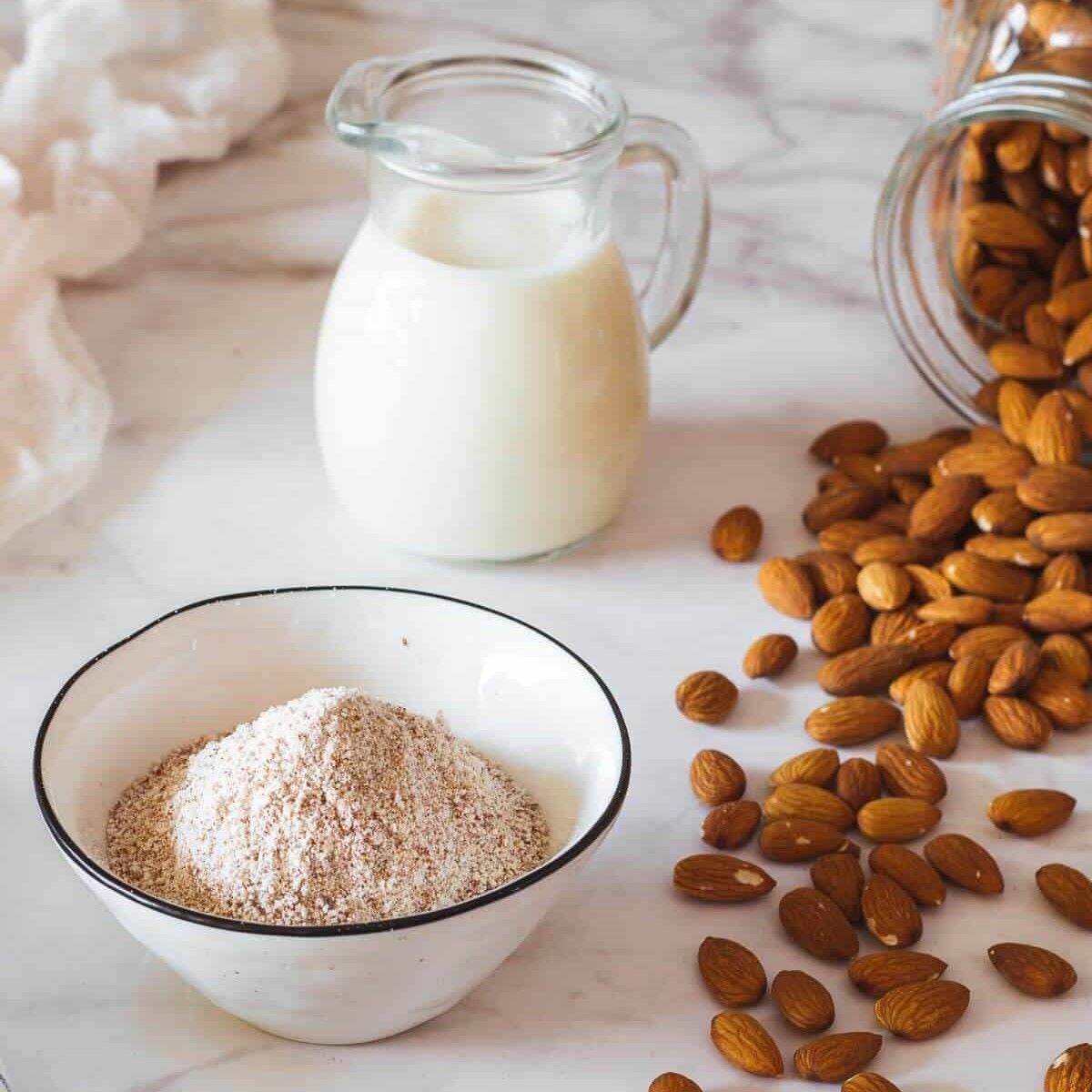


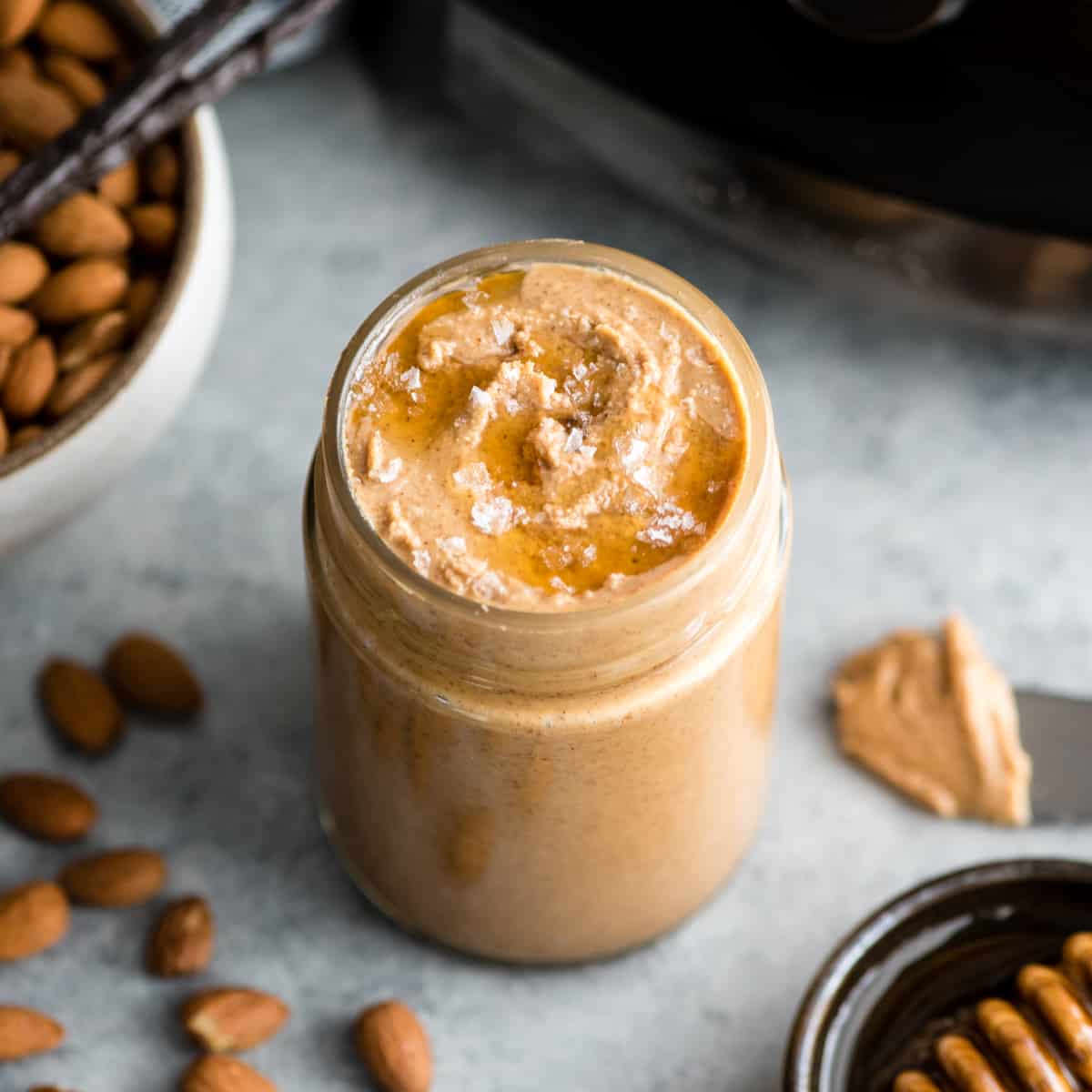

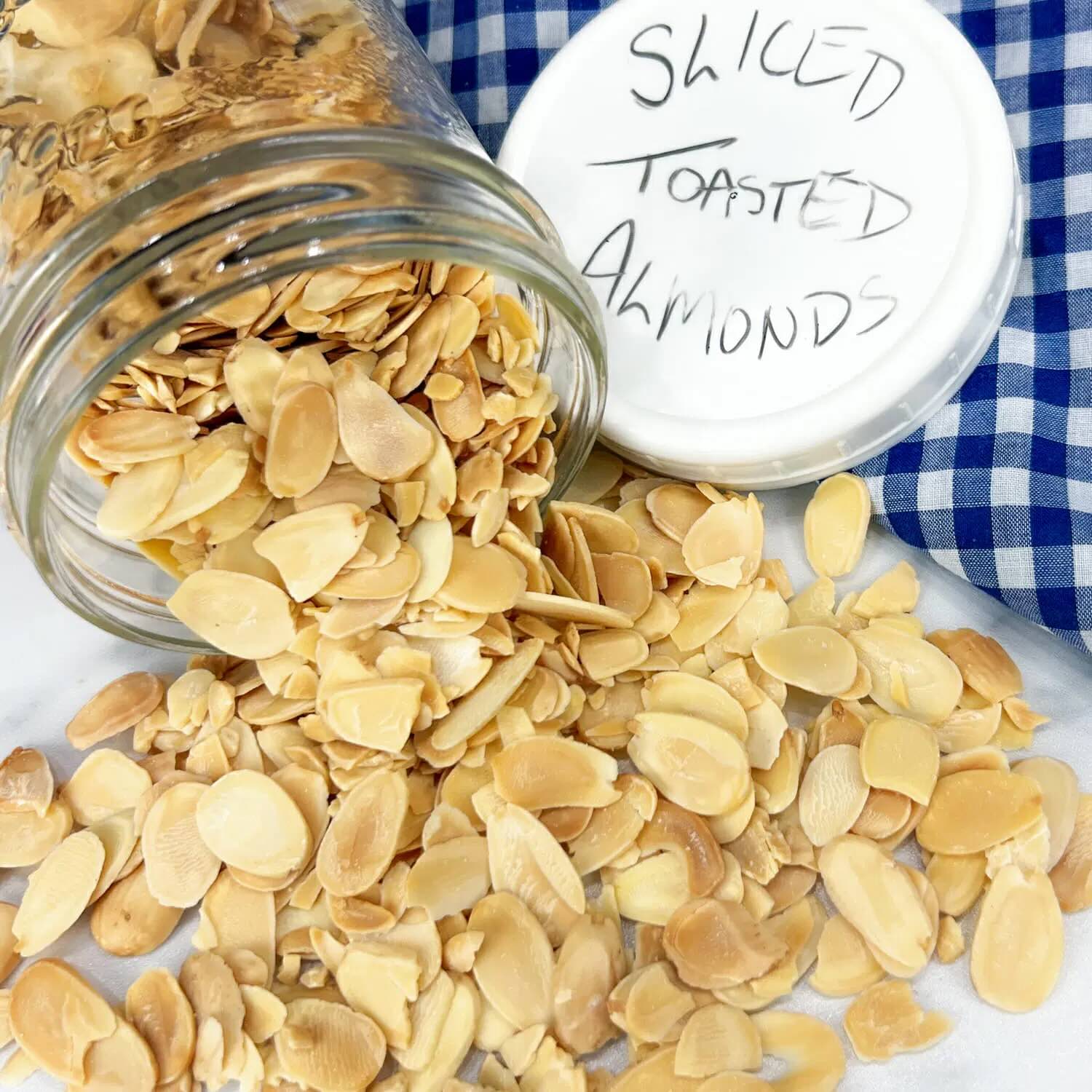
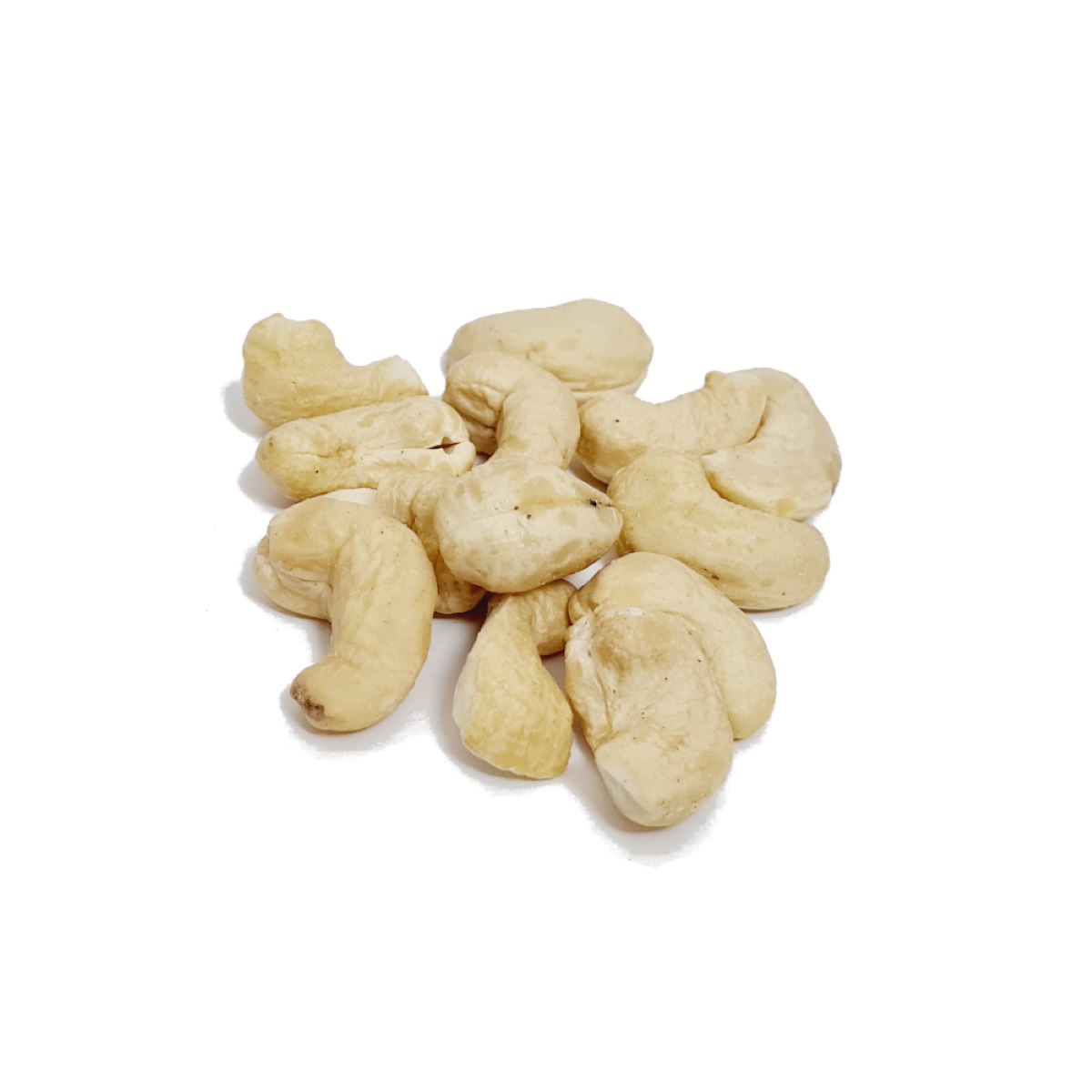
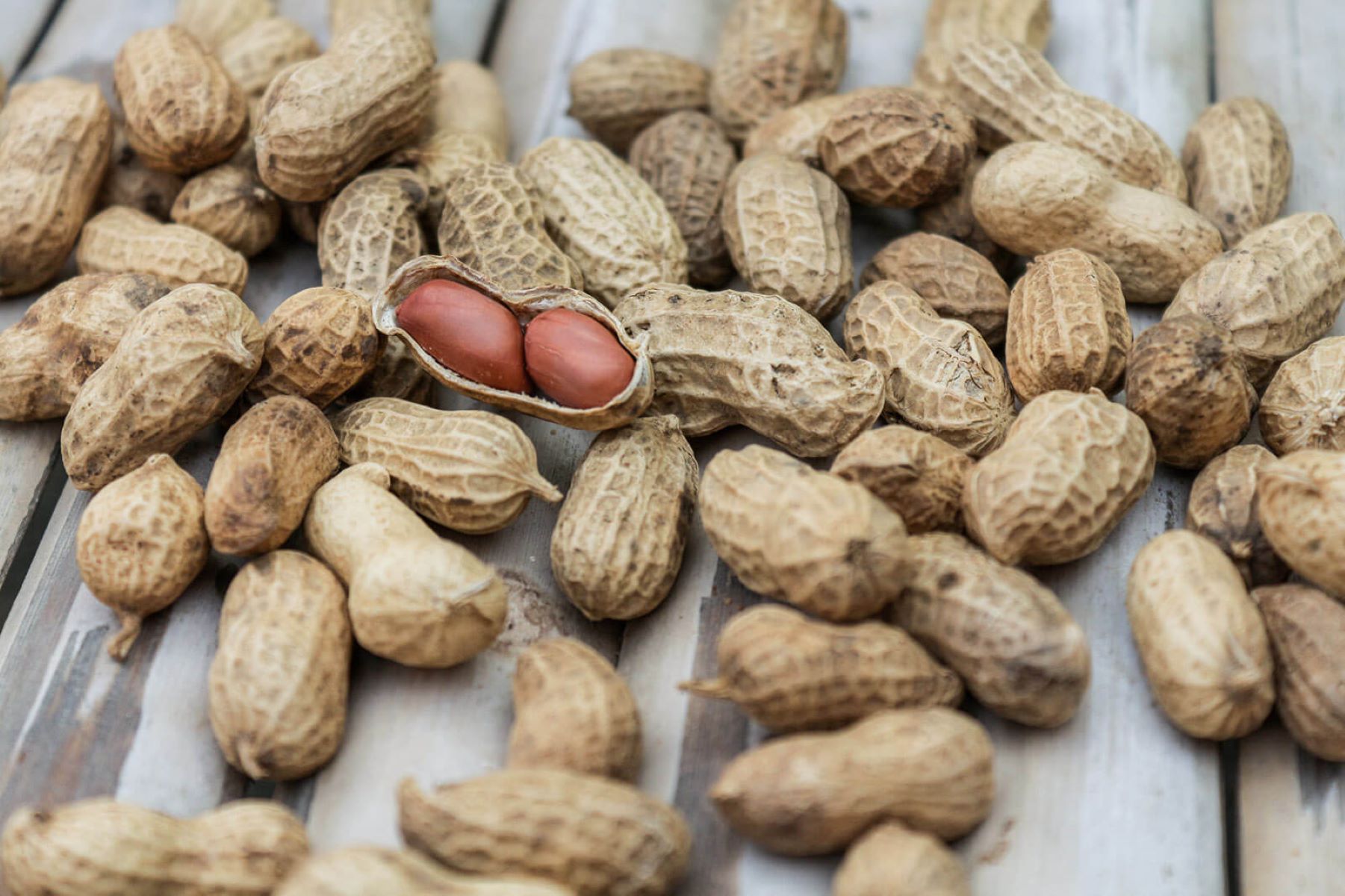
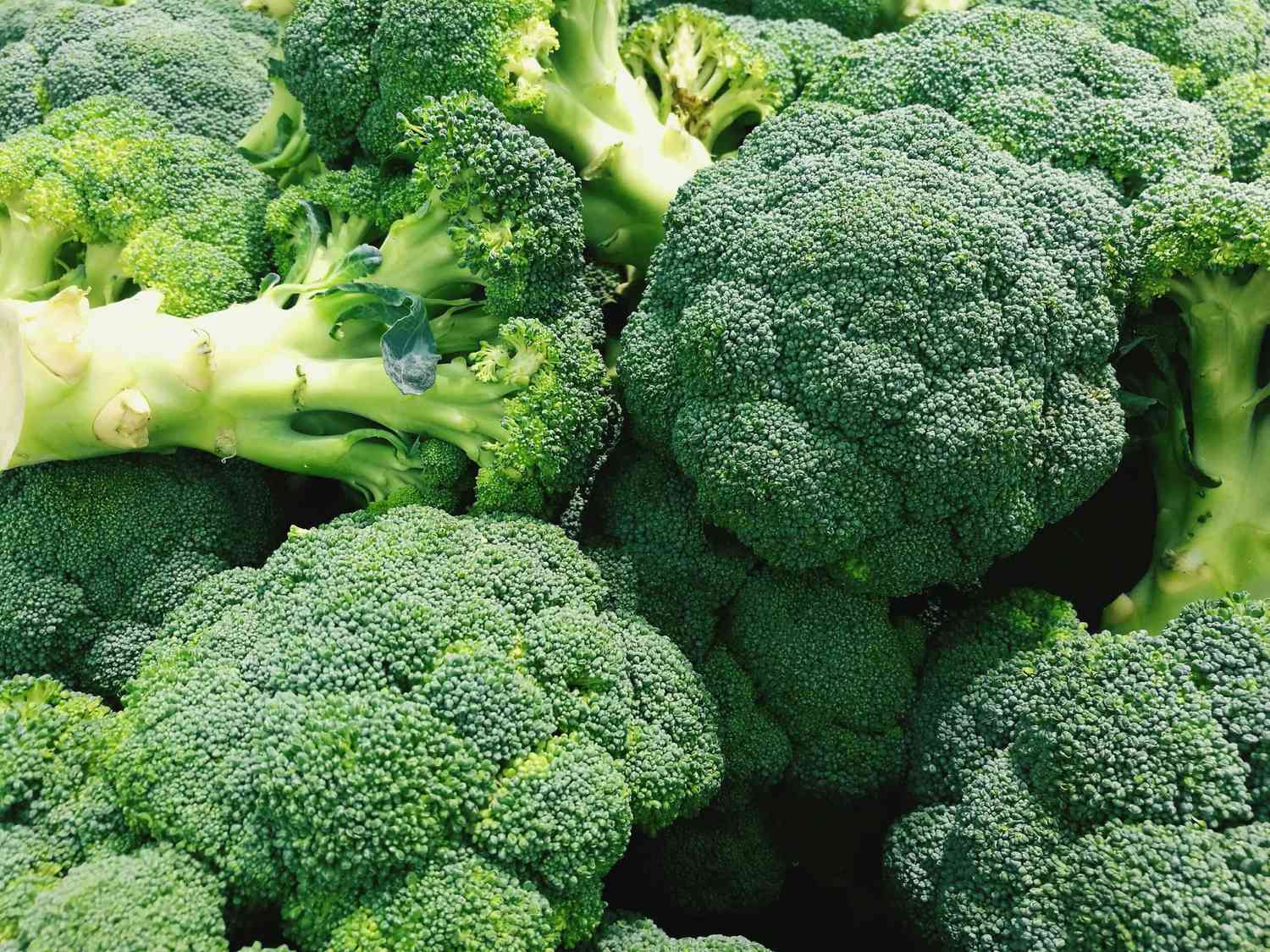
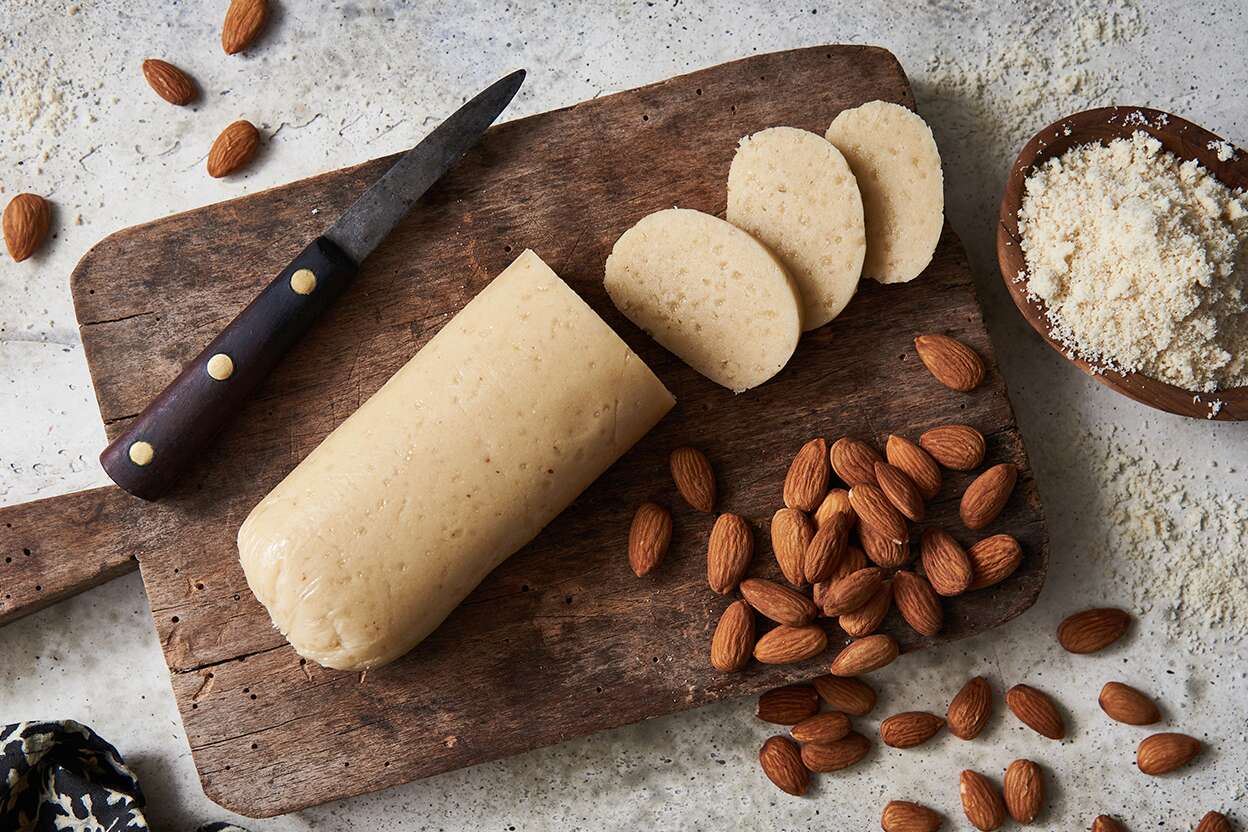
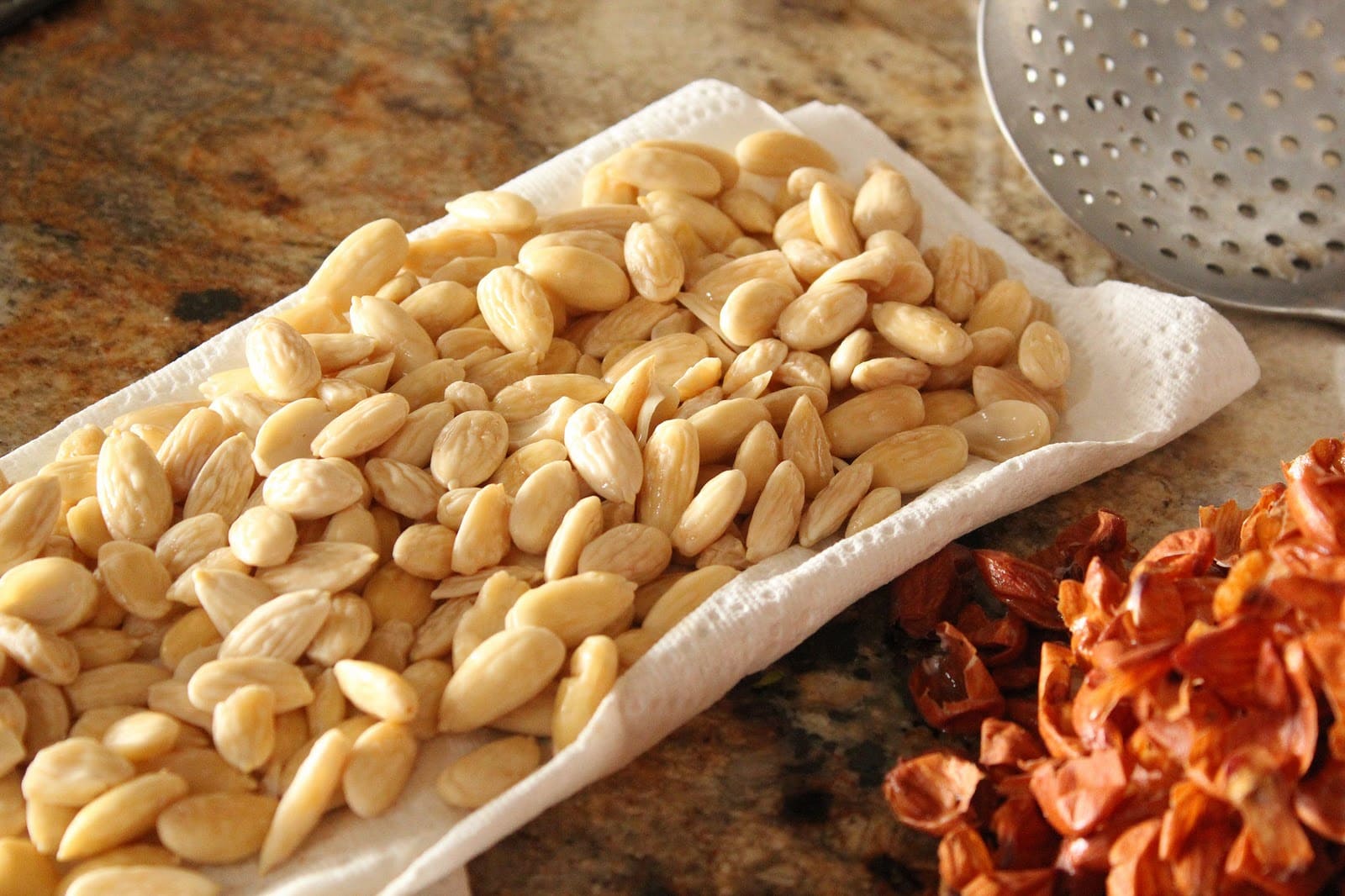
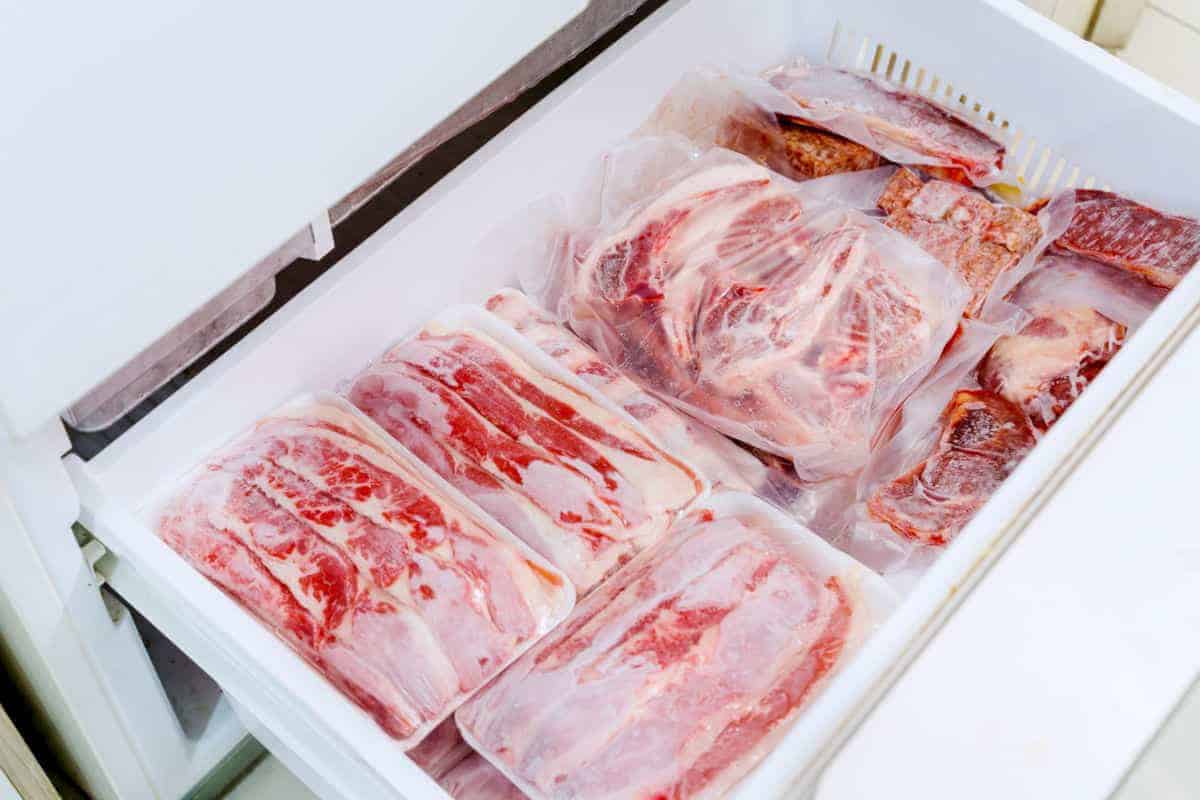

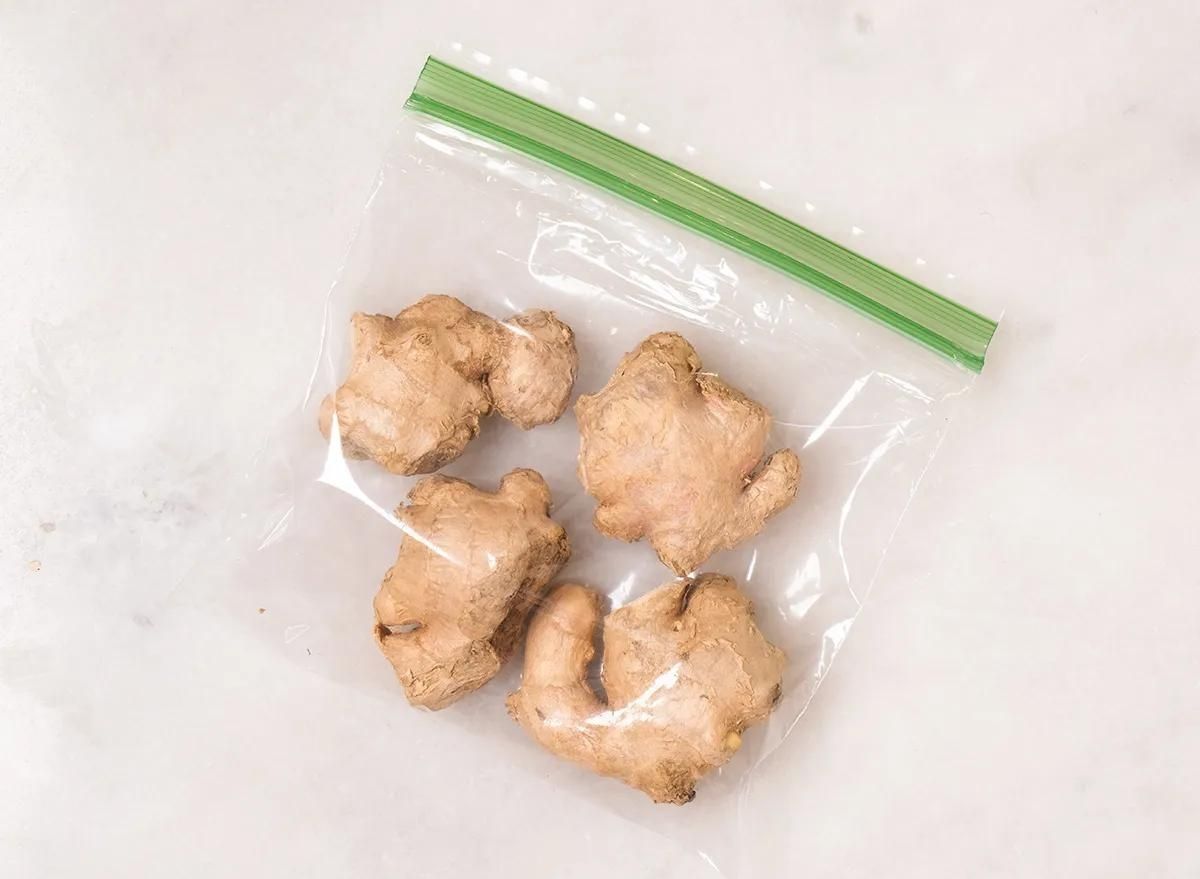

0 thoughts on “How To Store Raw Almonds”